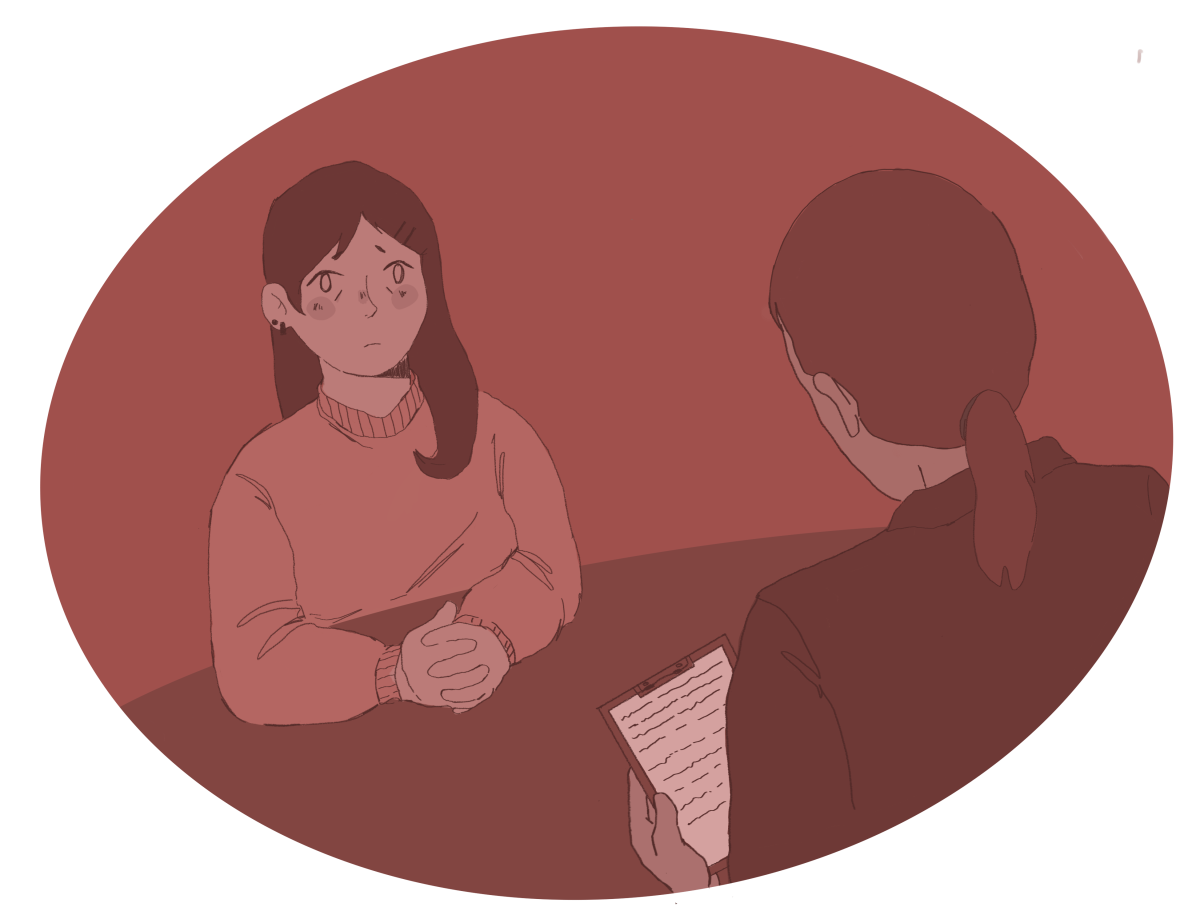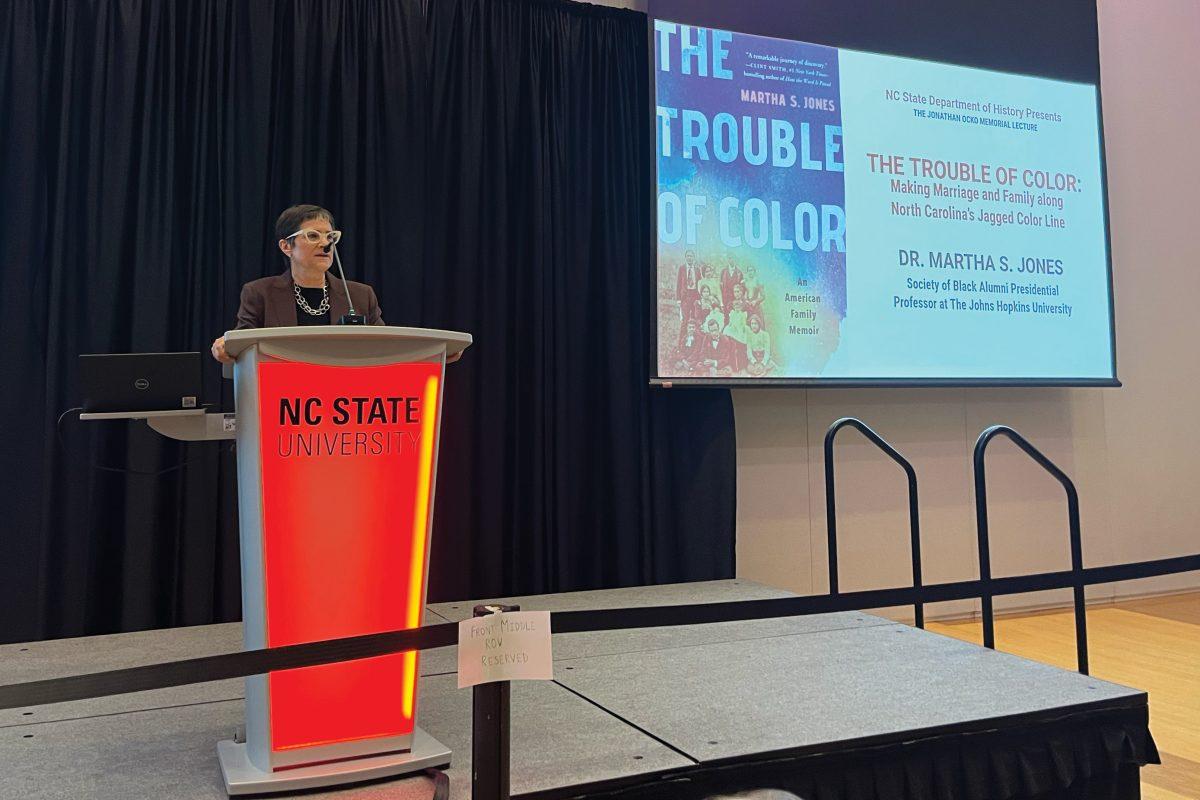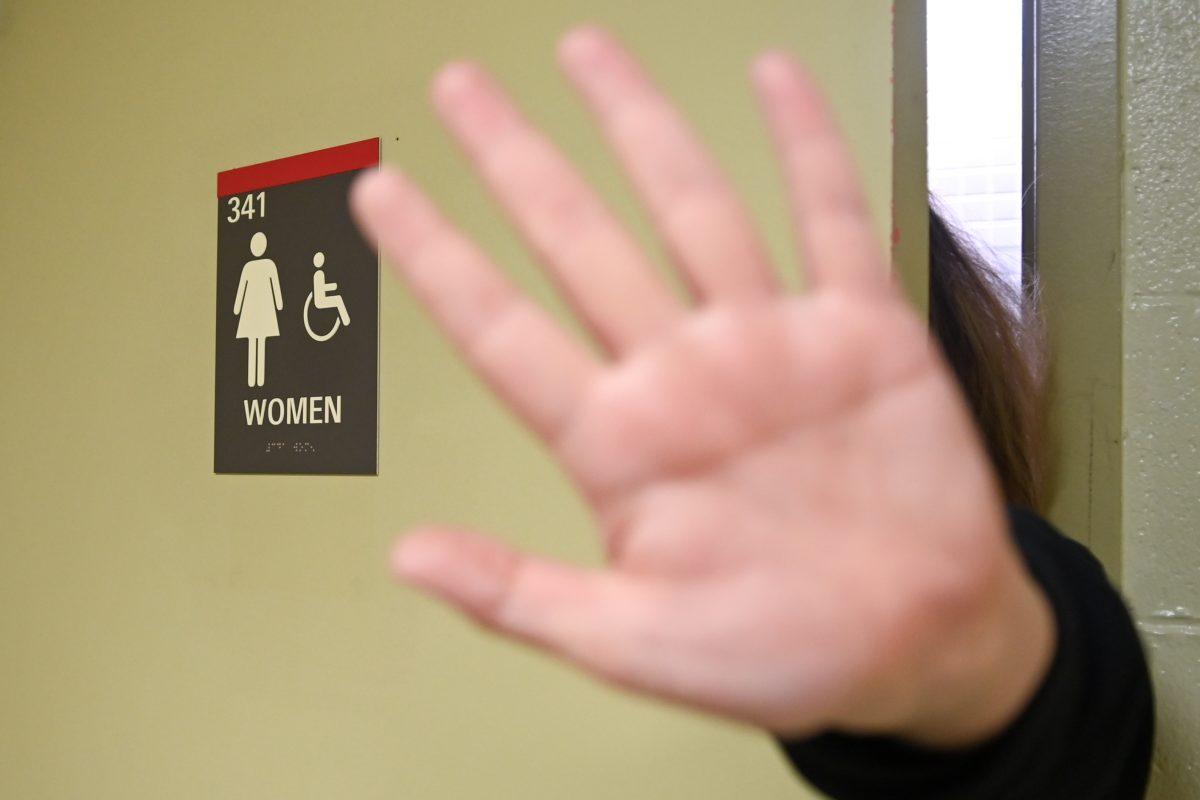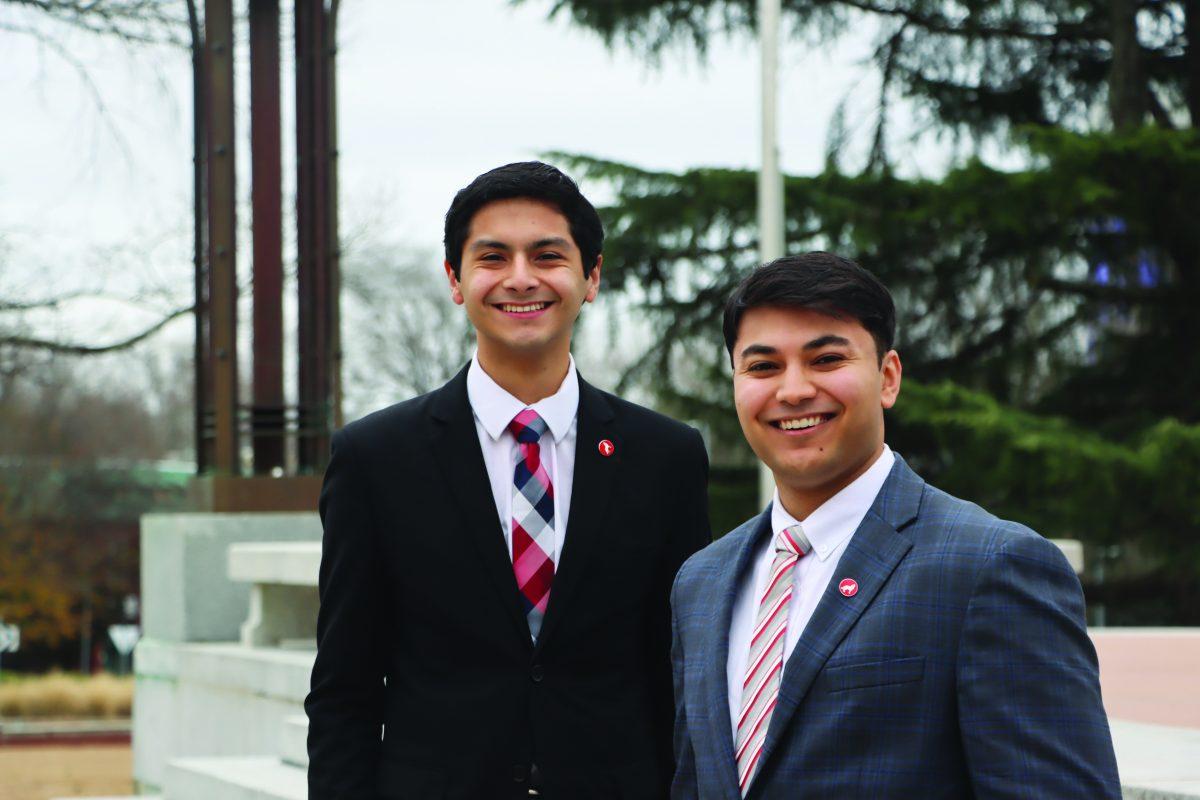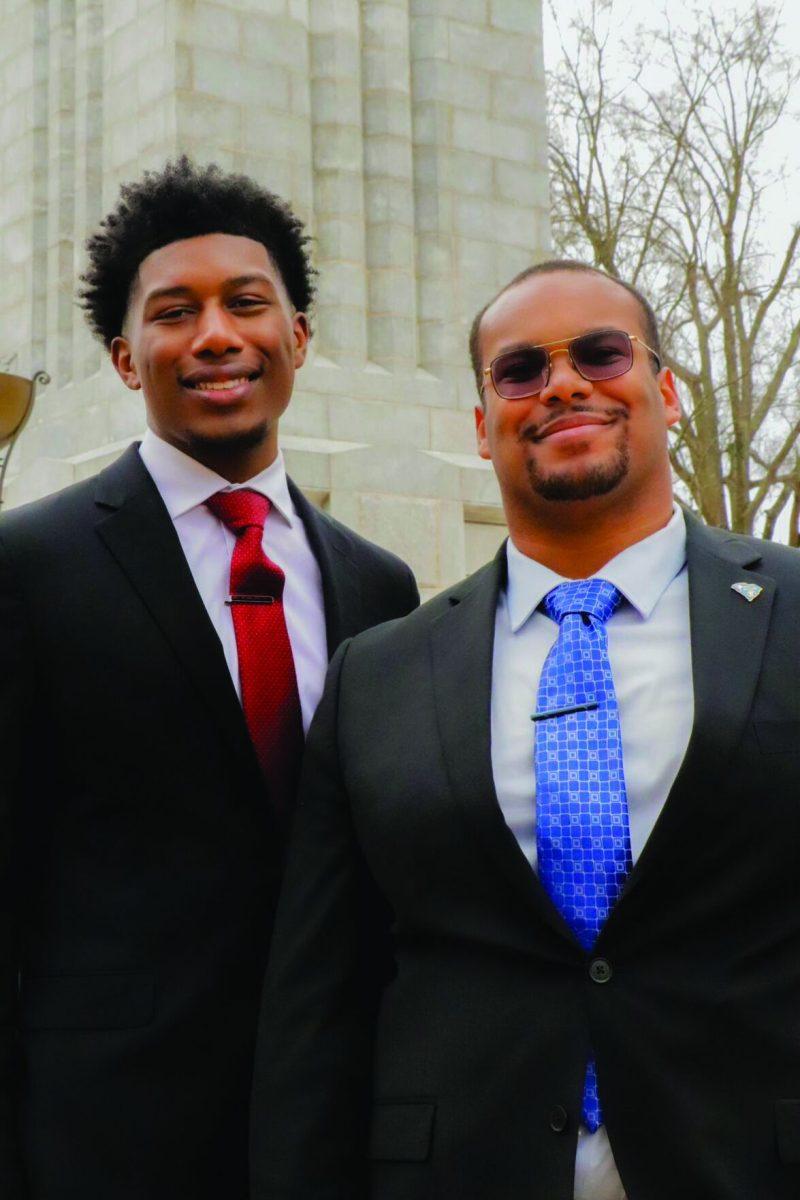Editor’s Note: This article contains reference to death.
On Tuesday, Nov. 1, Student Government hosted the State of Wellness Discussion and Open Forum. This event allowed students to voice their opinions and concerns about NC State’s efforts to support student mental health.
The forum began with moderator Whitney Becker, a graduate student in applied social psychology, directing questions toward a panel of individuals representing campus services including Campus Health, Pack Essentials, the Counseling Center and Prevention Services.
Dr. Monica Osburn, director of the Counseling Center and Prevention Services, said the Counseling Center understands the crucial needs of students.
“The top concerns we hear from students in the Counseling Center [are] depression and anxiety,” Osburn said. “And we know that there are major themes and major needs that we need to continue to address with students and for students.”
Osborn said a main goal of the Counseling Center is to be accessible to all students.
“I will never forget a conversation that I had with a former director of the LGBT Center who said, ‘Monica, students don’t feel safe coming to the Counseling Center,’” Osburn said. “That was 10 years ago. And I am working every day to change that narrative to make sure that all students have a place at the Counseling Center.”
Next, the panel allowed questions and comments from the audience.
Several students raised concerns about the University’s decision to establish a wellness day Thursday, Nov. 3.
Benjamin Pulgar-Guzman, a graduate student in international studies and sociology, humanities and social sciences, said the wellness day was an inadequate solution to poor student mental health.
“In this manner, this response, a wellness day, does two things: firstly, it puts pressure on faculty and students alike, and secondly, it takes away the main distraction that many of us have from our acute and intrusive thoughts,” Pulgar-Guzman said. “All of this successfully puts the impetus off and away from NC State’s bureaucracy, leaving the institution to rub its hands clean and say that the teachers and students will take care of it.”
Pulgar-Guzman said attending classes can be productive for some students who are struggling with mental health.
“Can you not see that the very routine of school is the one thing that is keeping some students from dying?” Pulgar-Guzman said. “That the everyday school responsibilities and social engagement that comes with it all are the very things distracting them from the intense, harm-inducing thoughts? That many of us get up every morning because school demands it of us?”
In response to inquiries about how the Counseling Center drives their decisions about what services to offer, Osburn said the center uses several data sources.
“NC State has … completed the Healthy Minds survey, which really gave us a great snapshot of what mental health and wellness looks like on campus,” Osburn said. “Additionally, we use benchmarking data through CCMH, Center for Collegiate Mental Health, and we look at what students who come to our Counseling Center look like compared to other institutions, to kind of compare their needs. And we use that data in a way to address, ‘What are the resources that we need to add to the Counseling Center?’”
Several students expressed concerns regarding long wait times for care at the Counseling Center and the difficulty of scheduling appointments. Osburn said the center utilizes a stepped care model, which consists of nine stages, and this model helps the center meet student needs.
“Basically, our stepped care model is a way to look at what types of services a student needs to make sure that we’re making their recommendations for the most appropriate level of care,” Osburn said. “It always starts out with a screening appointment, and that’s what we often call our triage services, where a student will fill out some paperwork and they’ll meet with a triage counselor.”
Osburn said scheduling a triage appointment is easier than ever, since the process is entirely available online.
Kaurwaki Babu, a second-year studying computer engineering, said the most difficult part of starting counseling was finding time to fill out the online triage form.
“It was difficult to remember to do it during the times that I would normally be thinking about going to class,” Babu said.
Babu said once she began counseling, she had an overall positive experience.
“I specifically requested that my counselor was a woman of color, and they did a good job of finding me a counselor that fit that, and I’ve had a great experience talking to her,” Babu said. “I would say I’m low-risk, so I think that might play a factor in how I was able to get a counselor so that I can have such a good experience.”
If you or someone you know is having a mental health emergency, the Counseling Center can be reached 24 hours a day at 919-515-2423. If you are in a crisis situation and need immediate help, please call the National Suicide Prevention Lifeline at 988. In the case of a life-threatening emergency, call 911.
The Counseling Center’s website offers free online screenings, a plethora of self-help resources regarding mental health and wellness concerns and a comprehensive list of campus services available for those who need guidance. To view an exhaustive list, visit counseling.dasa.ncsu.edu/resources.
If you’re seeking professional counseling or other mental health services on campus, visit the Counseling Center’s Getting Started page at counseling.dasa.ncsu.edu/about-us/gettingstarted to complete paperwork, set up an appointment and more.


